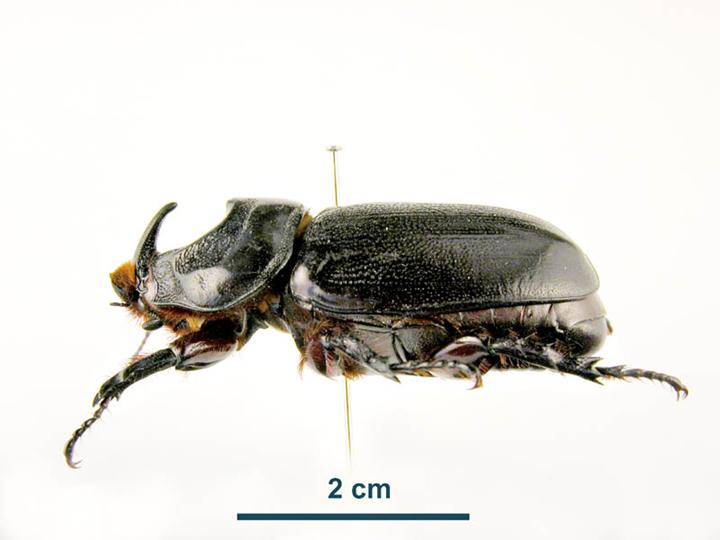Fungi just as effective as pesticides at controlling crop pest
Researchers at Swansea University have found a strain of fungi that could replace harmful pesticides in the control of the European crane fly (Tipula paludosa). The effects of 17 strains of entomopathogenic fungi, chlorpyrifos-based pesticides and a nematode worm were compared. The pesticides and fungal strain V1005 Metarhizium robertsii were both found to be 100%…
Improved Pest Control From Macho Hormone Treated Male Fruit Flies
The Mexican Fruit Fly Anastrepha ludens is the most important native fruit fly pest of citrus in America and also infests other economically important crops such as peaches, peppers and mangoes. In cooperation with the U.S. Department of Agriculture, Mexico has developed a Sterile Insect Technique (SIT) method which involves exposing huge quantities of male fruit flies to…
Tanzanian farmers keeping peckish elephants at bay
It’s good news for the savanna ecosystem that the elephant population of East Africa has increased in recent years, but bad news for farmers whose crops are being devoured by these giant pests. Wildlife services’ successful anti-poaching campaigns and an increased designation of land to national parks has helped elephant population numbers to recover. However,…
From discovery to eradication: the coconut rhinoceros beetle on Guam
It takes a large combined effort to successfully eradicate a plant pest. The Guam Coconut Rhinoceros Beetle Eradication Project has finally found a technique that could bring them their own eradication success story. The coconut rhinoceros beetle (Oryctes rhinoceros) was first discovered in Guam on 11th September 2007. Over the past five years it has…
Need to control rodents on your crops? Use birds of prey!
The Society for the Protection of Nature in Israel is encouraging farmers to use barn owls (Tyto alba) to control rodent pests on their crops. They aim to attract barn owls by constructing nest boxes; so far 2,000 have been distributed to farmers. As barn owls only hunt at night, day-hunting kestrels are also being…
Creating super banana plants in the fight against nematode worms
Scientists in the UK and Uganda are developing a genetically modified (GM) variety of banana that is resistant to nematode worms, which account for a high percentage of banana crop losses in Africa. It is estimated that the losses of crops due to nematodes amounts to $125 billion a year. Currently, nematodes are controlled using…
Information Diffusion Key to Pest Management
A recent study has found that integrated pest management programs can experience significant lags in their implementation due to slow ‘information diffusion’ within farmer communities. Cooperation between farmers in developing countries was found to be key to ensure the successful coordinated implementation of such programs. Integrated pest management (IPM) programs are biological approaches to dealing…
- « Previous
- 1
- 2


